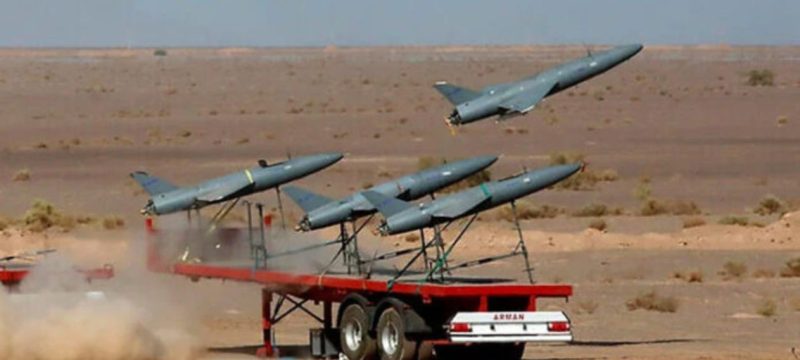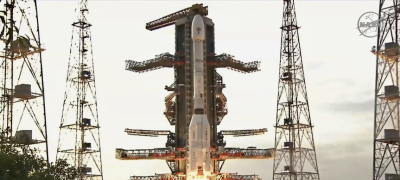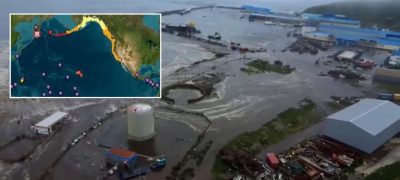Tensions in the Middle East intensified sharply on Friday as Iran launched a massive drone offensive against Israel in direct retaliation for recent Israeli airstrikes that killed several of Iran’s top military leaders and nuclear scientists.
Global media reported that Iran fired more than 100 drones toward Israeli territory. Israeli defense officials stated that most of these aerial threats were intercepted by their air defense systems. In response to the escalating conflict, Israel activated underground emergency medical facilities and shut down Ben Gurion International Airport indefinitely.
Read more: Trump Says He Knew of Israeli Strikes but Denies U.S. Role
Israel’s earlier strikes involved a large-scale air assault using around 200 fighter jets, hitting over 100 targets across key Iranian cities including Tehran, Isfahan, Natanz, Tabriz, Arak, Kermanshah, Ilam, and Ahvazshahr. Reports from Arab media described five waves of bombings that damaged both civilian and military infrastructure, including facilities linked to Iran’s nuclear program.
Among the high-profile Iranian casualties were Major General Mohammad Bagheri, IRGC chief Hossein Salami, and Major General Gholamali Rashid—striking a severe blow to Iran’s military leadership. Two prominent nuclear scientists, Dr. Mohammad Mahdi Tehranchi and Dr. Fereydoon Abbasi, were also killed, raising fears of a potential nuclear fallout. However, the International Atomic Energy Agency (IAEA) confirmed that radiation levels at Iranian nuclear sites remained stable.
In the aftermath, Iran swiftly reorganized its military command: General Ahmad Vahidi was appointed as the new IRGC leader, and Rear Admiral Habibollah Sayyari was named interim Chief of Staff.
Iranian Foreign Minister Abbas Araqchi condemned the Israeli airstrikes as a blatant breach of the UN Charter and emphasized Iran’s right to defend itself. He warned that Iran’s military would respond with full force. The IRGC echoed this sentiment, declaring that the Iranian people would remain resilient and ready to deliver a powerful counterattack.
Former U.S. President Donald Trump, speaking to Fox News, acknowledged that he had been informed in advance of Israel’s operation. While denying direct American involvement, he assured that the U.S. would support Israel if Iran retaliated. Trump reiterated the U.S. stance against Iran developing nuclear weapons but expressed hope for renewed diplomatic talks.
UN Secretary-General António Guterres denounced the Israeli strikes, especially the targeting of nuclear sites, and appealed to both nations to de-escalate immediately. “The region cannot afford another war,” he warned.
Israeli officials, preparing for potential Iranian retaliation, placed their forces on high alert and vowed to respond to any attacks with extensive missile strikes. “The coming hours will test our resilience,” said an Israeli military spokesperson.





